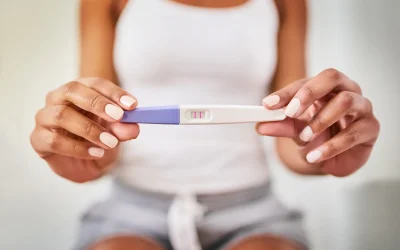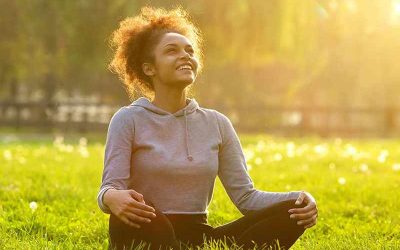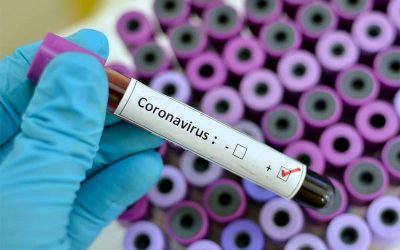Tips to get a better night’s sleep (and avoiding taking sleeping tablets)
1. Go to bed, and get up at the same time.
Stick to a sleep schedule. (don’t change at weekends !)
2. Exercise : is great , do at least 30 minutes each day
but do avoid exercising very late in the day.
3. Avoid caffeine, found in coffee, tea, coca-cola, red bull and other drinks
Caffeine is a stimulant which can stay active in the body for up to 8 hours
Nicotine can also act as stimulant for some smokers leading them to sleep lightly
4. Alcohol : avoid alcohol before bed. It prevents REM sleep which is the deepest, most beneficial stage of the sleep cycle. Alcohol tends to keep you in the lighter stages of sleep.
You also tend to wake earlier when the effects of the alcohol have worn off.
5. Food : avoid large meals and drinks late at night.
Too much food taken late can cause indigestion. Too much fluid taken at night leads to too many visits to the bathroom to urinate.
6. Medicines : if possible avoid medicines that might delay or disrupt your sleep.
Ask your pharmacist or your doctor whether any of your medications could be interfering with your sleep.
7. Naps : don’t take naps after 3 pm. Naps can make up for sleep you have lost, but late afternoon naps can make it hard for you to get to sleep at night.
8. Relax before bed. Don’t make your day so busy that there is no time to wind down at night.
Make a regular routine to do something relaxing like reading, or listening to music before you sleep.
9. Take a hot bath before bed. The drop in the body temperature after a bath makes you feel sleepy, and the bath may help you to slow down and relax as you get ready for sleep.
10. Your bedroom should be DARK, COOL, and FREE OF GADGETS.
Get rid of anything noisy, or distracting and any bright lights , bright screens.
Sleep is better if your room is cool rather than warm.
Turn off your phone. Make sure your mattress and pillow are comfortable.
Turn the clock face away from view.
11. Sunlight : Daylight is the key to your body regulating your sleep cycle.
Try to get out in natural sunlight for at least 30 minutes of each day. If possible wake up to bright lights each morning. Turn the lights down one hour before bedtime, and your brain will start preparing for sleep.
12. Don’t lie in bed awake. If you find your self still awake after stating in bed for more than twenty minutes, or if you are starting to feel anxious or worried, get up and do some relaxing activity until you feel sleepy. The anxiety of not being asleep make it harder to fall asleep.
13. Read “Why we sleep “ by Matthew Walker
(The new science of sleep and dreams)
Penguin books. 2017




